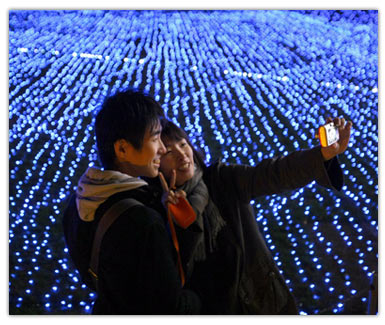The other day I met an American friend for drinks. Because his wife is from China, their kids grow up learning three languages, Chinese, English and Japanese, which always fascinates me. “But didn’t I tell you? My wife is Japanese now. She took citizenship.” Taking the citizenship of another country is a very special thing — it means that you’ve accepted the language, culture and values of your adopted nation and are willing to be counted as one of their number, a decision my friend’s wife had made. Although it’s one of the most homogeneous places on Earth, foreigners can take Japanese nationality if they meet certain reasonable requirements, including having lived in Japan continuously for five years and having at least basic ability in the language. It’s even easier too, now, thanks to a policy change that doesn’t require foreigners to take a Japanese name and kanji (although some foreigners like to see their name in kanji). Athletes often take Japanese citizenship for one reason or another, such as the Hawaiian or Mongolian sumo wrestlers who want to run their own sumo stable one day, and gaijin tarento (foreign TV stars) like Bobby Ologun from Nigeria often become Japanese citizens. I’m often asked by J-List customers if I’ve gotten my Japanese citizenship yet, and I tell them no, I’m quite happy with the permanent residence status I’ve got now. Mrs. J-List says I would make a kakko warui (lame) Japanese and should stay an American.

It’s nice to know there are few barriers to becoming a Japanese citizen.















